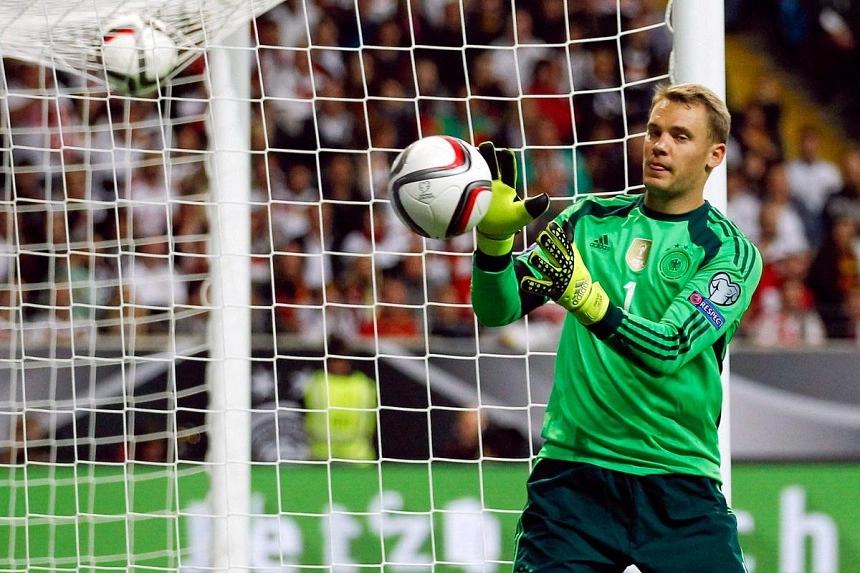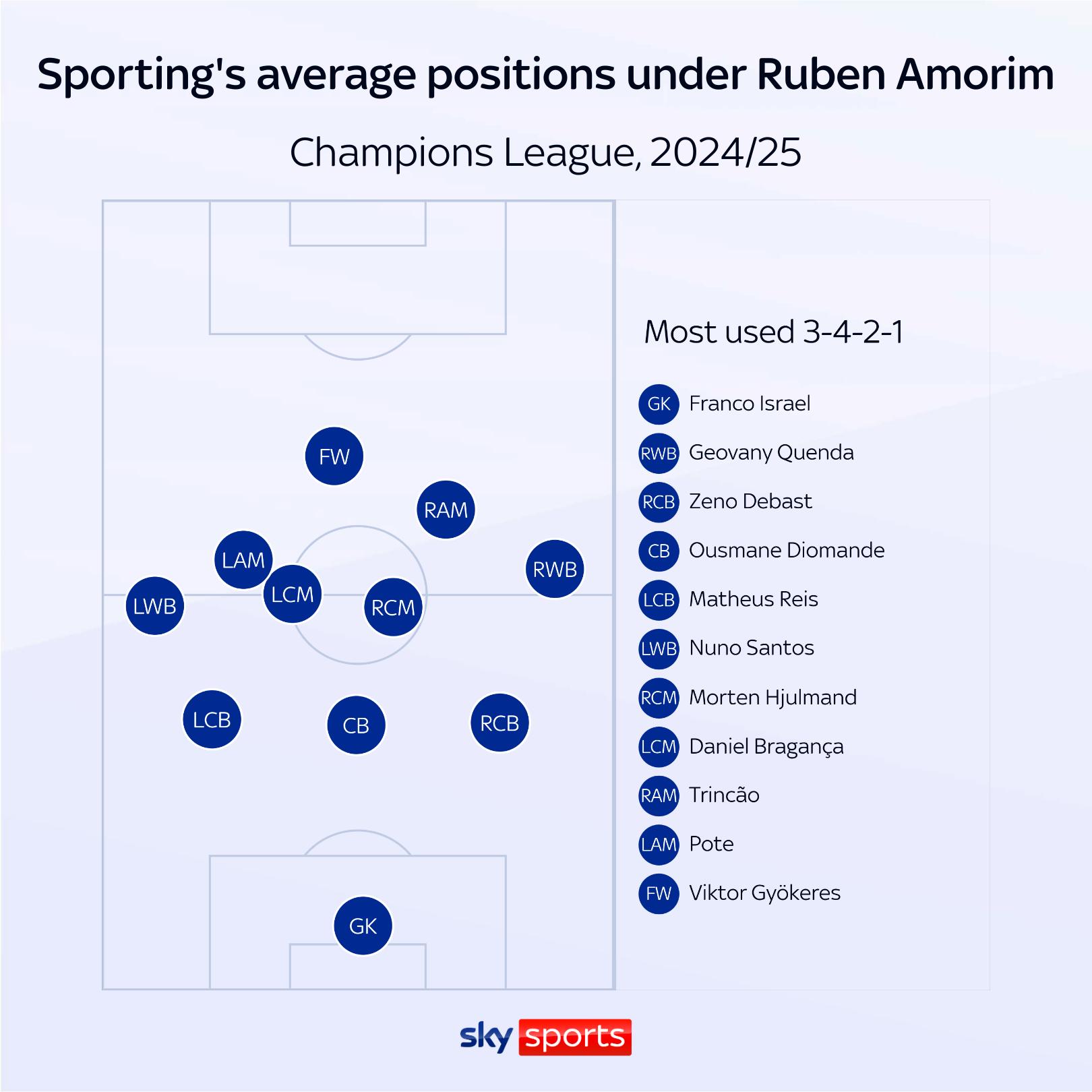Tax impact of player transactions

Player trading is a common phenomenon in professional sports. Whenever a team trades players to improve combat effectiveness or achieve financial goals, the tax impact is a factor that cannot be ignored.
The taxes involved in player transactions are mainly reflected in three aspects. First, teams often experience salary gaps when making transactions, which may cause clubs to pay additional salary cap taxes. Second, players will need to pay personal income tax due to personal income incurred during the trading process. Third, players 'transactions may involve foreign-related taxes. For example, if players involve two or more regions in cross-border transactions, then foreign-related tax issues between different regions need to be resolved.
The impact of player transaction taxes is increasingly being paid attention to by teams and players. Growing transaction amounts and player income mean that taxes often become a key factor in teams 'trading decisions. Teams need to fully consider the impact of different tax policies on transactions to avoid additional financial burdens. Players also need to carefully choose team transactions to minimize the impact of personal income taxes.
For teams, differences in tax policies will also affect the team's operating decisions. Excessive tax burdens may strain the team's finances and affect the stability of team operations. Therefore, teams need to seek optimal business strategies and reasonable tax planning by understanding differences in tax policies and working with tax authorities.
The relationship between tax policies and player transactions also directly affects the distribution of benefits between players and teams. Differences in tax policies will lead to differences in players 'actual income after trading, which in turn will affect players' career development motivation and attitude towards trading. Teams also need to fully consider tax factors when trading to ensure fairness and justice in transactions.
The tax impact of player transactions cannot be ignored. It not only involves the economic interests of teams and players, but also involves the fairness and fairness of tax policies. Teams and players need to be aware of changes and differences in tax policies to minimize the negative impact of taxes on transactions. Under the guidance of tax policies, player transactions can be conducted more smoothly and fairly.
RELATED STORIES






LATEST NEWS







